Both in-body image stabilization (IBIS) and tripods are important tools for photographers to help reduce camera shake and achieve sharper images. IBIS is built into the camera body and helps compensate for small movements when shooting handheld. Tripods provide a sturdy base to mount the camera on, eliminating camera shake altogether. This article examines the advantages and disadvantages of both to help determine when to use one over the other. Understanding the importance of choosing the right support system is crucial for navigating various photography scenarios.
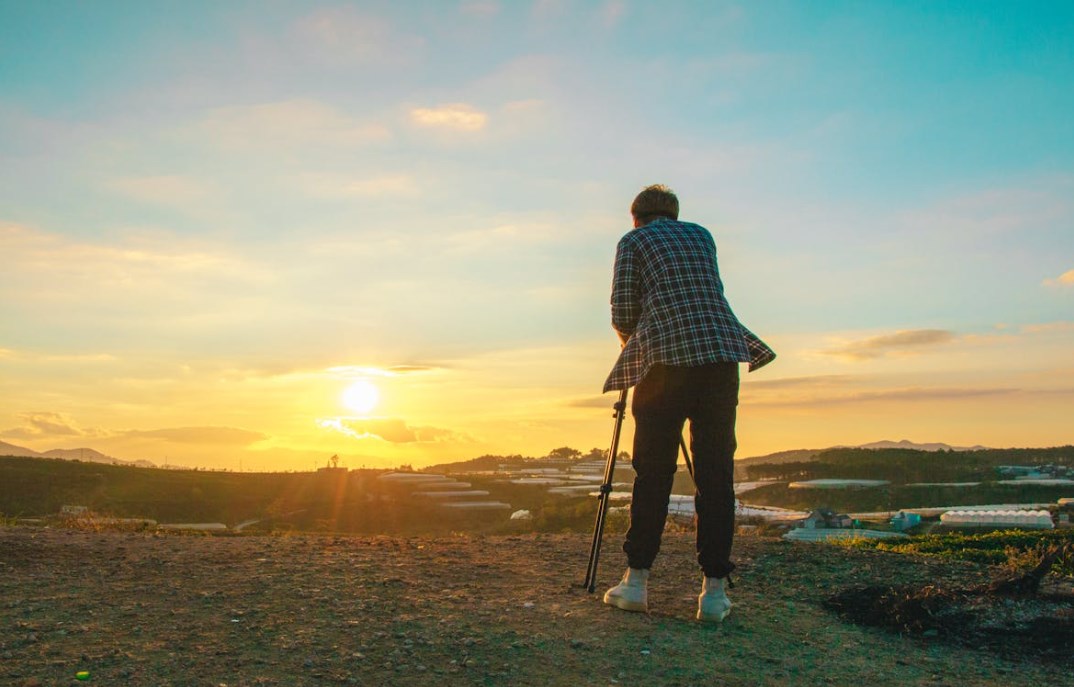
The Pros and Cons of IBIS
|
The Pros |
The Cons |
|
Built-in, Lightweight, and Easy to Use IBIS is seamlessly integrated into the camera, eliminating the need for external attachments. A lightweight solution that facilitates ease of use, especially in dynamic shooting situations. |
Limited Effectiveness in Certain Situations IBIS may have limited effectiveness in scenarios like long exposure shots or when using telephoto lenses. Not the optimal choice when absolute stability is paramount. |
|
Ideal for Handheld Shooting IBIS shines in scenarios where using a tripod is inconvenient or restricted, offering photographers increased flexibility. |
Power Consumption Concerns The continuous operation of IBIS can contribute to increased power consumption, potentially impacting the overall battery life of the camera. |
|
Flexibility and Mobility Well-suited for capturing dynamic scenes, IBIS allows photographers to move freely without sacrificing image stability. |
Difficult to Replace Professional Anti-Shake Equipment While effective for general use, IBIS may not entirely replace specialized anti-shake equipment in professional settings where utmost stability is essential. |
The Pros and Cons of IBIS
Solutions to Improve Image Stability
While IBIS has its limitations, using additional support tools can further optimize stability:
- Tripod: A camera tripod maximizes stability, providing a solid foundation for capturing sharp images. It is Ideal for landscape photography and situations where a steady shot is essential.
- Pan-Tilt-Zoom (PTZ ): PTZ refers to a camera system's capability to pan (move horizontally), tilt (move vertically), and zoom to provide versatile surveillance or monitoring, allowing users to remotely control the camera's orientation and focal length for a wider range of coverage. PTZ devices enhance stability during handheld video recording, ensuring smooth and shake-free footage.
- Anti-shake Lens: Lenses with optical anti-shake technology effectively correct camera shake and greatly contribute to image stability.
Furthermore, choose support gear based on shooting needs. Use IBIS for general handheld shots. However, long exposures and precise compositions require a stable tripod. Assess lighting, subjects, and creative intent to decide if IBIS alone suffices or if supplementary stabilization is necessary for crisp images.
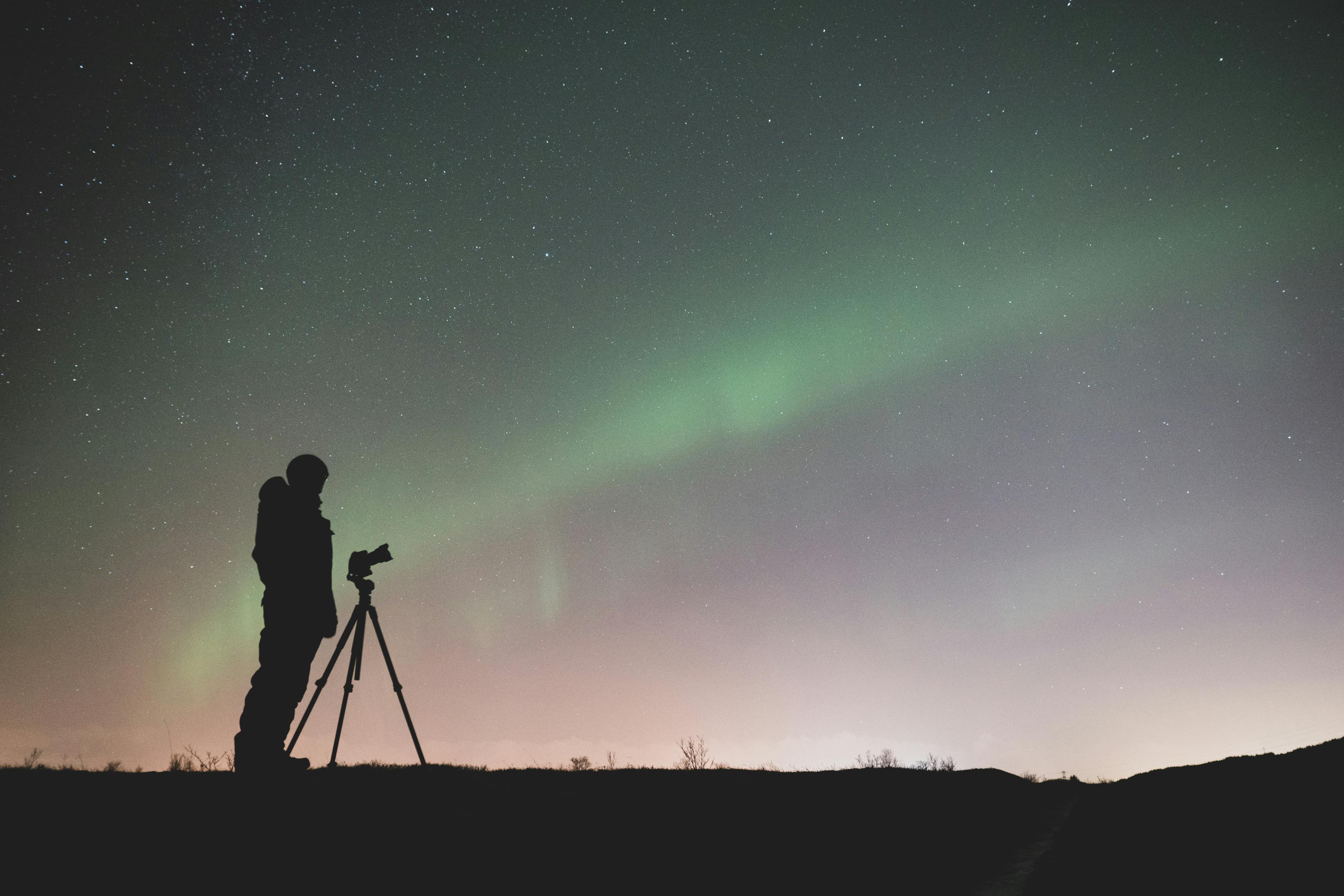
Choosing the Right Tripod for Your Needs
It is also important to use devices together to balance their limitations: IBIS combines with tripods or gimbals to offer both stability and mobility. Here are three SmallRig Tripods that would best suit your needs:
- Carbon Fiber Tripod AP-10
This customized tripod for travel photography is made of carbon fiber material and can significantly shorten the folded length for easy carrying in backpacks. The four-section quick-release legs can reach a maximum height of 1.33 meters when fully extended and can bear a load of up to 10 kilograms, meeting the support requirements of most lenses. The tripod adopts a quick-release design, with one of the legs that can be easily detached from the tripod for independent use as a lightweight monopod.
In addition, its integrated level gauge and Arca Swiss quick-release ball head provide flexible shooting capability, with 360-degree horizontal rotation and 90-degree vertical tilt. At the same time, the bottom of the tripod stand is equipped with 1/4-inch interfaces to match various photographic accessories such as magic arms. The Carbon Fiber Tripod AP-10 is perfect for photographers prioritizing portability without sacrificing stability.
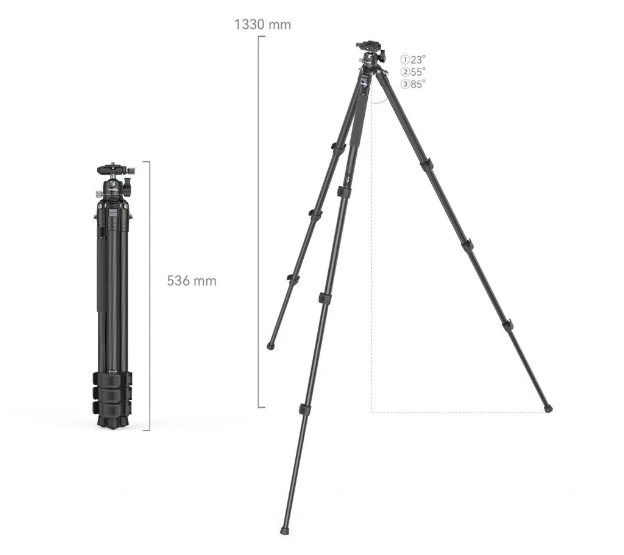
- FreeRover Carbon Fiber Photo Tripod Kit AP-100
The SmallRig FreeRover Carbon Fiber Photo Tripod Kit AP-100 introduces an innovative FreeSpeed Rotate Design, ensuring one-step tightening and quick adjustment. Crafted with 1.2mm thick carbon fiber legs and a center column, this tripod strikes a balance between lightweight construction and robust performance. Also, with an 8kg load-bearing capacity, it supports medium to telephoto lenses.
Moreover, this tripod kit is combined with silicon feet pads revealing retractable spikes for tackling different terrain types; the FreeRover Tripod Kit is a versatile choice suitable for travel, landscape, architectural, and general outdoor photography, where stability and mobility are essential.
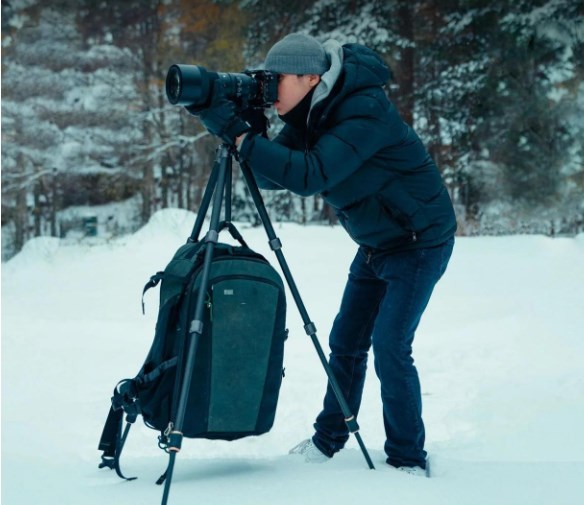
- SmallRig FreeBlazer Carbon Fiber Tripod Kit
The SmallRig FreeBlazer Carbon Fiber Tripod Kit stands out with its One-Step Locking & Quick Adjustment system, allowing swift deployment with a single toggle. The adjustable Step-Less Damping System facilitates smooth panning at desired speeds, supporting up to 17.6 lbs (8kg) video head. Its Dual-Mode Quick-Release Plate Mount ensures efficient switching between stabilizer and video tripod shooting, compatible with DJI RS 2 / RS 3 / RS 3 Pro and Manfrotto quick-release plates.
Overall, the FreeBlazer Tripod Kit is ideal for professional scenarios like live-streaming, interviews, product promotion, and general video production, where flexibility, stability, and mobility are important.
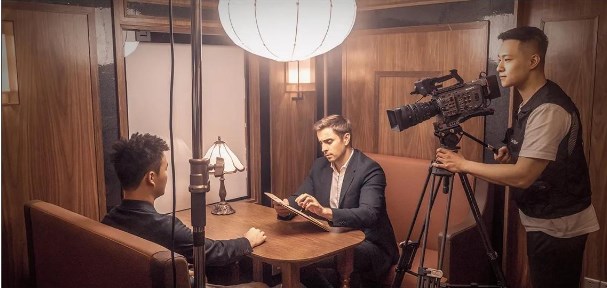
In conclusion, the choice between IBIS and tripods depends on the photographer's specific needs and shooting scenarios. While IBIS offers mobility, tripods provide maximum stabilization for critical shots. SmallRig's range of tripods caters to diverse photography needs, ensuring photographers can find the perfect support system for their creative endeavors. Explore SmallRig accessories options today for a perfect blend of stability and versatility in your photography journey!
Related Articles:
Explore SmallRig: A Complete User Guide to Unlocking Limitless Possibilities
A Closer Look at SmallRig's DreamRig Program Annual Awards
Choosing the Right Camera V-Mount Battery: A Comprehensive Guide
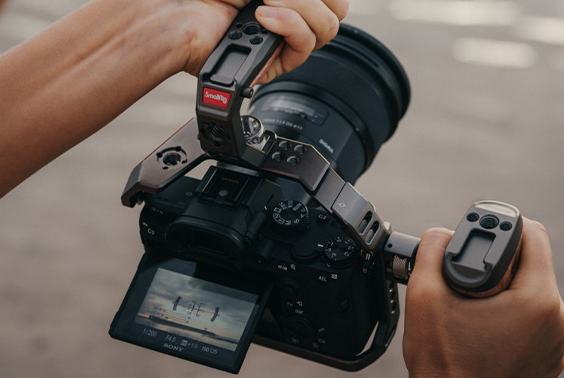 Exploring Camera Accessories to Elevate Video Production Quality
Exploring Camera Accessories to Elevate Video Production Quality
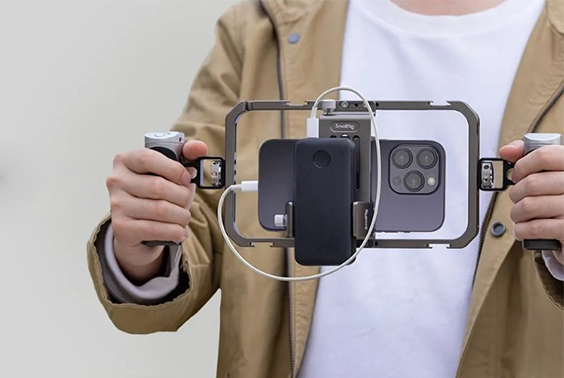 How to Choose Vlogging Tripod for Phone for Successful 2024 YouTube Videos
How to Choose Vlogging Tripod for Phone for Successful 2024 YouTube Videos
 Come and Check Out the SmallRig's Christmas Gift Guide for Content Creators!
Come and Check Out the SmallRig's Christmas Gift Guide for Content Creators!












